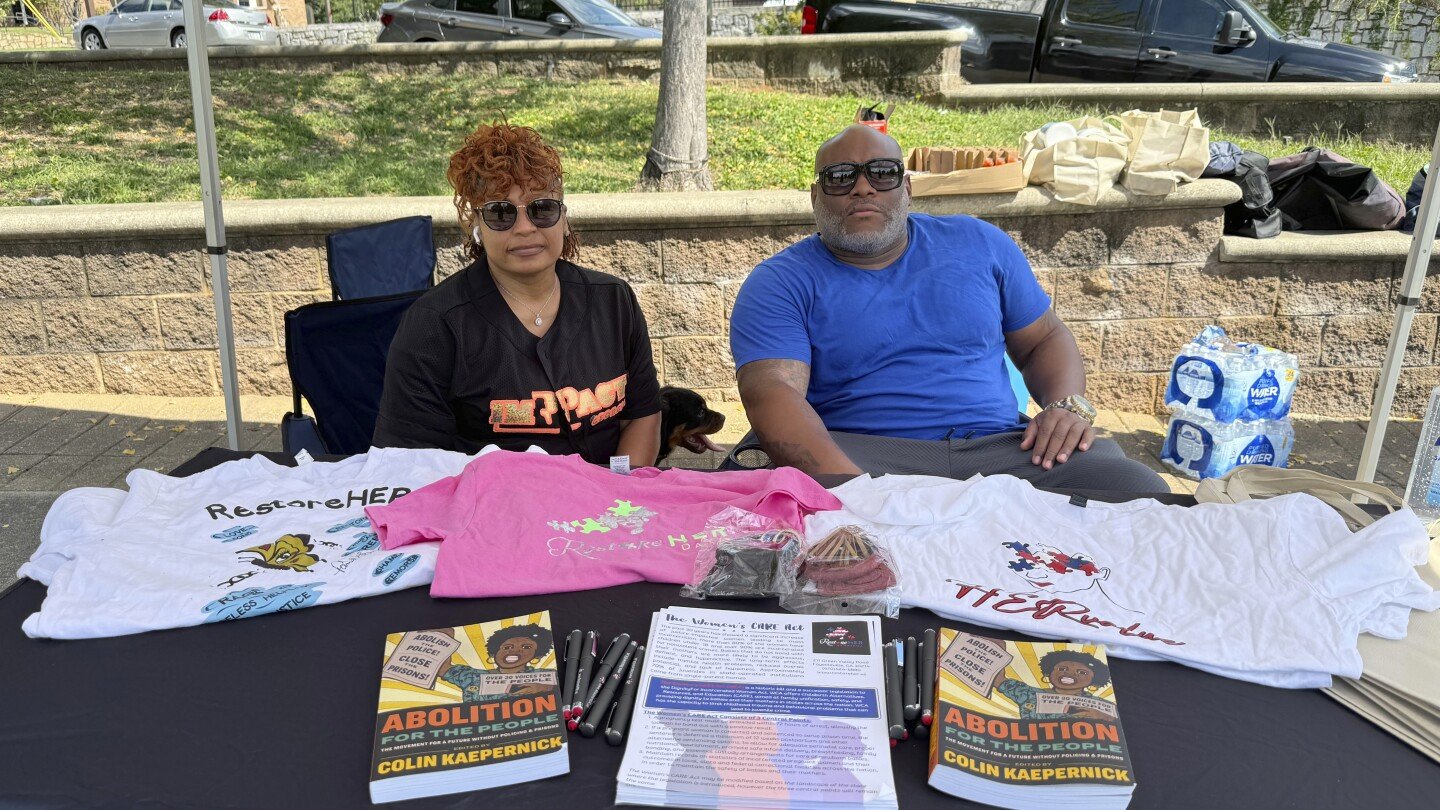For the first time in over 10 years, Luci Harrell can vote in a presidential election.
Around the time she graduated law school this year, Harrell completed two years of parole and became legally allowed to register.
“It feels important to me…real and symbolic,” Harrell said. “For years I was required by the federal government to pay taxes and pay student loans, yet being denied the ability to vote.”
Harrell is one of an estimated 450,000 people in Georgia with past convictions who are eligible to cast ballots. As get-out-the-vote efforts ramp up across the swing state, advocates have a hard time reaching those who are formerly incarcerated, in part because many of them don’t know they can vote.



That feels like a huge number of people with past incarcerations when the state has a total population of about 10 million!
Keep in mind the US has the highest incarceration rate in the world, with 2 million prisoners as of 2021(latest figure I found in a brief search).
Yes, and it is by design.